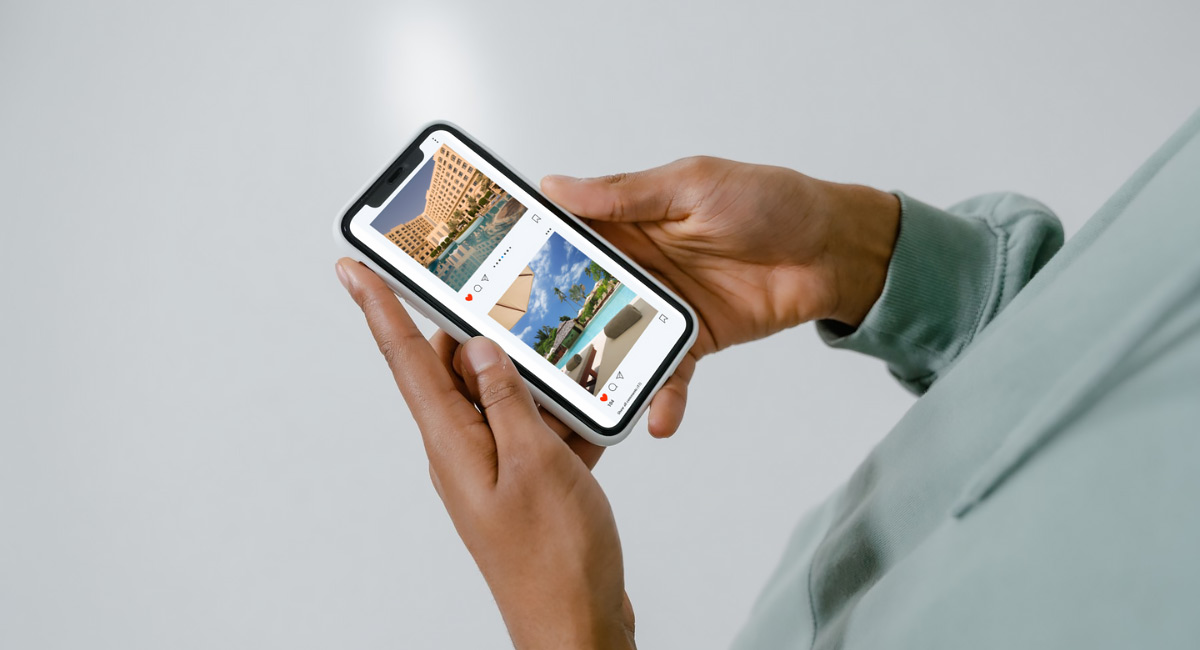Challenges of Destination Branding
Creating a unique and appealing brand identity in the travel industry is no small feat. Here’s why:
1. Diverse Audience
Catering to a diverse audience with varying preferences and expectations makes it difficult to create a unified brand identity that appeals to everyone. Understanding cultural nuances and regional preferences is essential to tailoring marketing messages effectively.
For example, what appeals to a young solo traveller might not resonate with a family planning a holiday.
2. Intense Competition
With numerous destinations reaching for attention, distinguishing a travel brand becomes challenging.
Creating a unique selling proposition (USP) that sets a destination apart is vital. This involves highlighting unique features or experiences that competitors do not offer, such as exclusive local tours, unique cultural experiences, or luxurious accommodations.

3. Evolving Consumer Behaviour
Changes in consumer behaviour, influenced by trends and technology, require constant adaptation of branding strategies.
Keeping up with these changes can be resource-intensive but is necessary to stay relevant. For instance, the rise of eco-tourism and demand for sustainable travel options has shifted how destinations market themselves.
Navigating the digital landscape is key to successful travel branding. Here are some hurdles to consider:
Rapid Technological Advancements: Staying updated with the latest digital marketing tools and platforms is necessary but challenging. This includes leveraging artificial intelligence, social media trends, and data analytics to enhance marketing efforts.
Content Overload: In an age where consumers are bombarded with content, creating engaging and standout content is difficult. Effective travel content marketing requires creativity and strategic planning to capture and retain attention.
Measuring ROI: Tracking the return on investment (ROI) for digital marketing campaigns can be complex. Determining which efforts lead to bookings and conversions often requires sophisticated tracking and analysis tools.
Opportunities in Travel Branding
Amidst the challenges, several opportunities can elevate your travel brand. Here’s how:
1. Personalisation
Leveraging data to offer personalised travel experiences can significantly enhance brand loyalty. Personalisation can include tailored recommendations, exclusive deals, and customised itineraries based on user preferences and past behaviours.
By using customer data effectively, brands can create more meaningful and relevant interactions with their audience.
2. Sustainability
Emphasising sustainable and eco-friendly practices can attract the growing segment of environmentally conscious travellers. Promoting green initiatives and sustainable tourism can differentiate a brand positively. This can involve showcasing eco-friendly accommodations, promoting carbon offset programs, or highlighting local conservation efforts.
3. Storytelling
Creating compelling stories around destinations and experiences can deeply connect with potential travellers. Storytelling can be a powerful tool in travel content marketing, evoking emotions and creating memorable impressions.
Sharing authentic stories about local culture, history, and personal travel experiences can resonate more with audiences than traditional marketing messages.
Establishing a robust brand identity is crucial for lasting success. Here’s what you can focus on as a travel brand:
- Consistent Messaging
Ensuring consistency in messaging across all marketing channels helps in building a recognisable and trustworthy brand. This includes maintaining uniformity in visuals, tone, and values portrayed.
For example, a luxury travel brand should consistently convey elegance and exclusivity in all its communications.
- Engagement
Actively engaging with the audience through social media and other digital platforms fosters a sense of community and loyalty.
Responding to feedback, sharing user-generated content, and creating interactive posts can enhance brand visibility and connection with the audience.
- Innovation
Incorporating innovative marketing strategies, such as virtual reality tours and influencer partnerships, can create buzz and attract attention to the brand.
These innovations can provide unique experiences that differentiate the brand from competitors and offer new ways for potential customers to interact with the destination.

Effective Travel Marketing Strategies
Implementing strategic marketing techniques can make a significant difference. Consider these approaches:
1. Segmentation
Understanding and segmenting the target audience allows for more targeted and effective marketing campaigns. Tailoring marketing efforts to specific demographics and interests can increase relevance and impact.
Examples can be marketing family-friendly activities to parents or adventure sports to thrill-seekers.
2. Multi-Channel Marketing
Utilising multiple channels, including social media, email marketing, and search engine optimisation (SEO), ensures a broader reach and higher engagement.
A well-coordinated multi-channel approach can help in maintaining a consistent brand presence and engaging with customers at various touchpoints.
3. Collaboration
Partnering with influencers, travel bloggers, and other brands can amplify marketing efforts and introduce the brand to new audiences.
Strategic collaborations can help in reaching larger audiences and building credibility through trusted voices in the industry.
Charting the Course
Building a strong travel brand identity in today’s dynamic industry is no straightforward task. With challenges like differentiation, personalisation, and the need to establish trust, travel brands must be strategic to stand out. Yet, each challenge presents an opportunity. By focusing on personalisation, sustainability, and maintaining a strong digital presence, your travel brand can not only survive but thrive.
For personalised strategies to boost your travel brand, schedule a call with our experts today.


